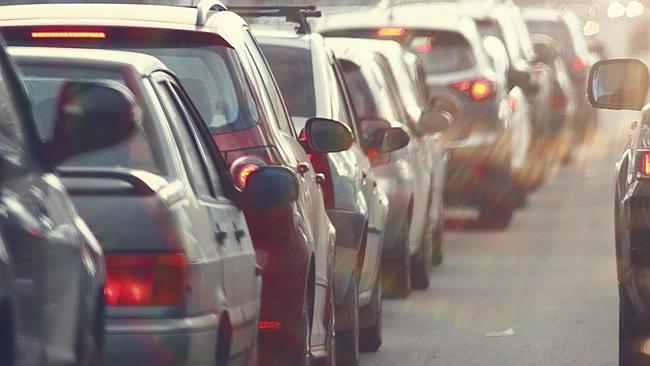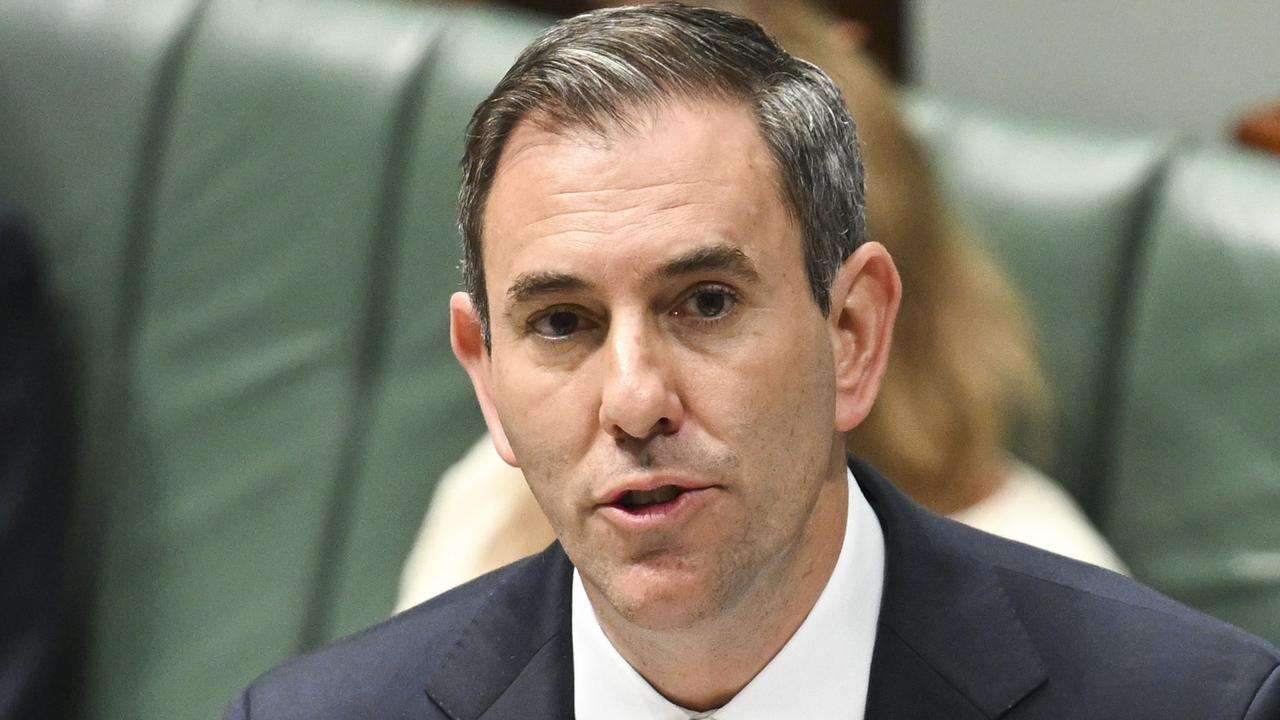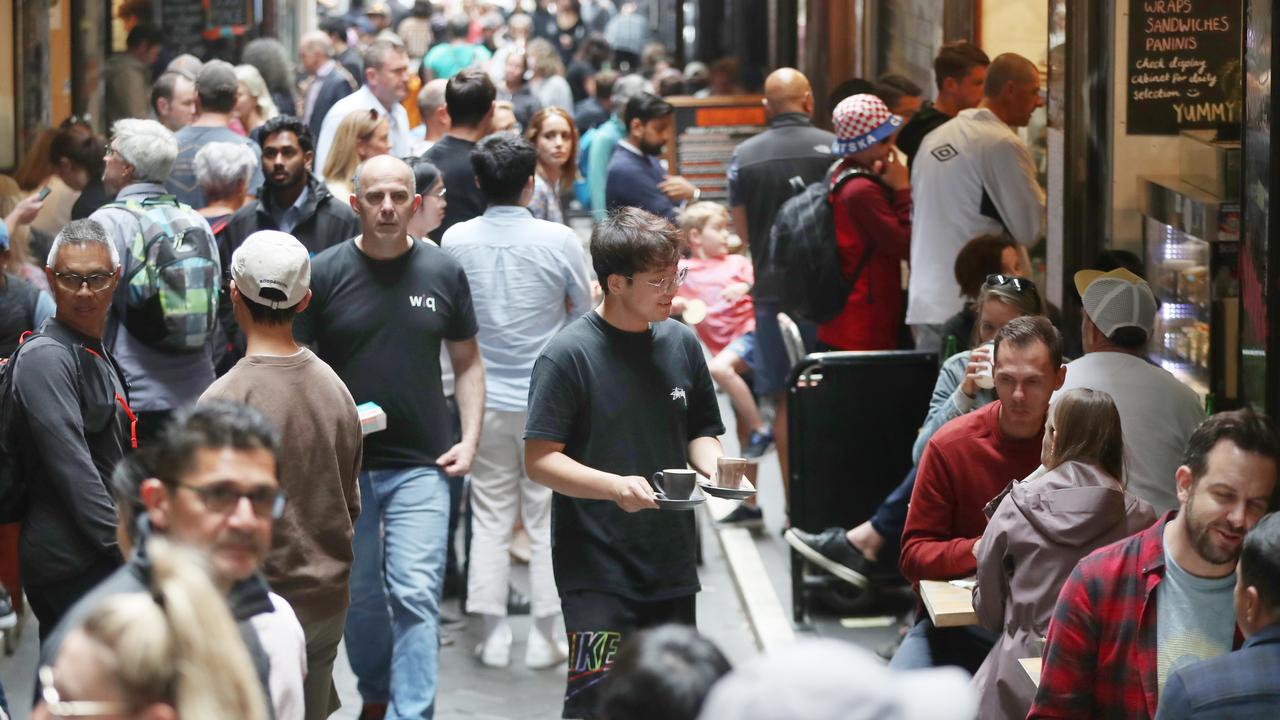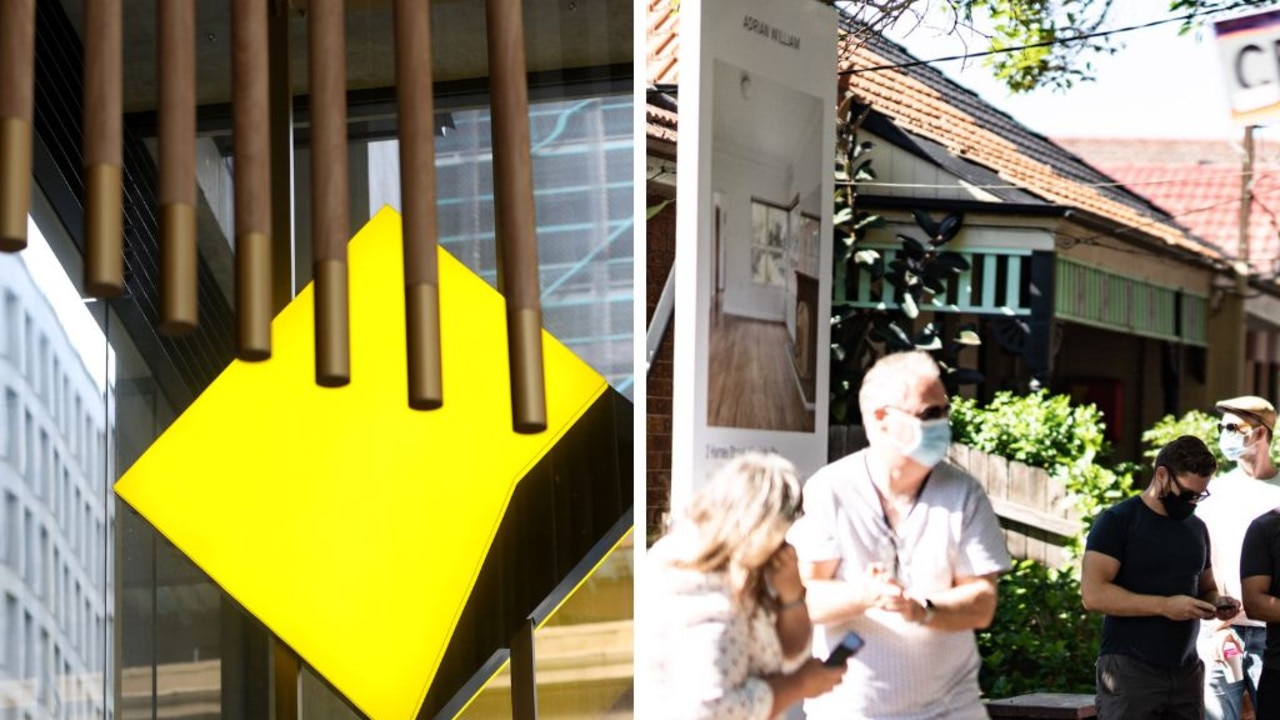Clogged roads are expensive and one reason we spend an average 85 minutes a day commuting
WHILE it’s a source of endless frustration, the traffic jam you were stuck in today costs you a lot more than you realise.

THE traffic jam you were stuck in today will help push the cost of capital city congestion to more than a punishing $16 billion a year.
In excess of a third of that cost — about $6 billion — will be paid directly by you and other individuals who have to battle overloaded transport systems to get to work, education, services and home again.
Your employers will have to pay even more, about $8 billion, according to a report by the Bureau of Infrastructure, Transport and Regional Economics (BITRE).
And in 15 years, the total of capital cities’ congestion costs is expected to jump to as much as $37 billion.
We are now spending an average of 85 minutes a day trying to get around our capital cities.
More people are commuting greater distances and the clogged roads are hurting the economy, and the lifestyles of city dwellers.
The $16.5 billion congestion bill for 2015 is close to a 30 per cent increase on the 2010 cost of $12.8 billion.
This year’s total was be made up by about $6 billion in private time costs, $8 billion in business time costs, $1.5 billion in extra vehicle operating costs and $1 billion in extra air pollution costs.
About 87 per cent of travel is in private vehicles, and the distance travelled by each vehicle is expected to increase by 2 per cent a year to 2030.
And the BITRE expects delays to worsen by roughly the same rate.
“These traffic delay increases have BITRE base case projections of the avoidable social costs of metropolitan congestion rising to around $30 billion by 2030,” said the report.
Sydney leads Australia when it comes to immovable traffic. The 2015 congest cost for the NSW capital is $6.1 billion and is forecast to rise to $12.6 billion in the next 15 years.
Melbourne will go from $4.6 billion to $10.2 billion, Brisbane from $2.3 billion to $5.9 billion, Perth from $2 billion to $5.7 billion, Adelaide from $1.1 billion to $2.3 billion, Canberra from $200 million to $400 million, Hobart from $90 million to $160 million, and Darwin from $30 million to $70 million.
“During most of the first half of the 20th century, the typical amount of time spent on day-to-day travel by a capital city resident was a little over an hour each day (averaging approximately 64 minutes/day per capita),” the report states.
“Yet with the speed advantages then offered by car use (accompanied by considerable improvement and spread of city road systems and an even faster expansion in car ownership), the post-war period saw this average daily travel time decline throughout the late 1940s and the 1950s, eventually falling almost as low as 50 minutes/day per capita by the mid-1960s.
“However, as the major cities were by then growing strongly outwards, often leading to longer and longer average trip lengths, and the mounting popularity of car travel started contributing to busier and busier roads, the daily travel average climbed back over the hour mark during the 1970s.
“Daily time spent travelling kept climbing throughout most of the rest of the century, and the existing combination of network congestion and increased trip distances have contributed to current levels for urban travel time (which have averaged around 85 minutes/day per capita over last decade) being significantly above the long-term historical norm.”




